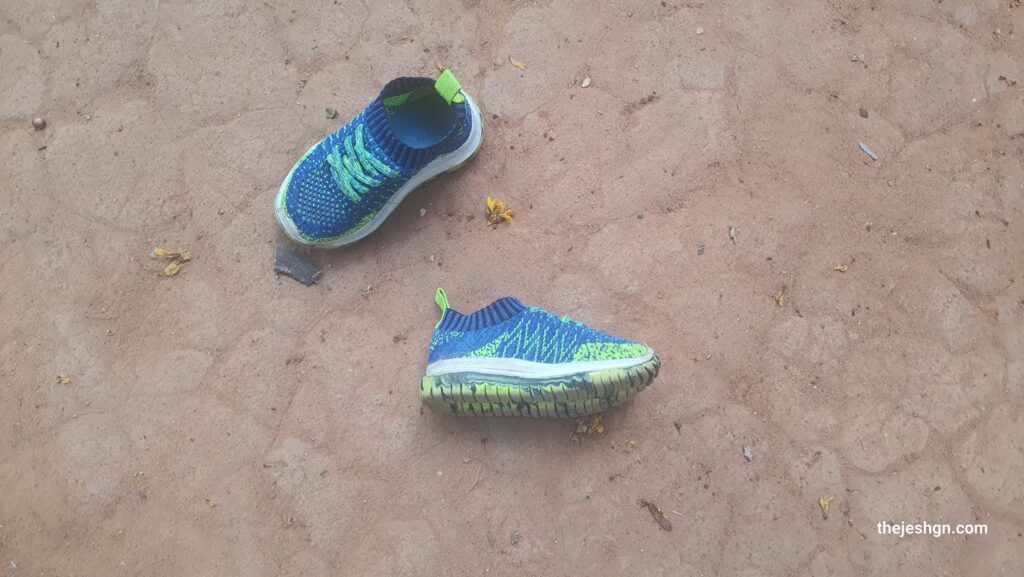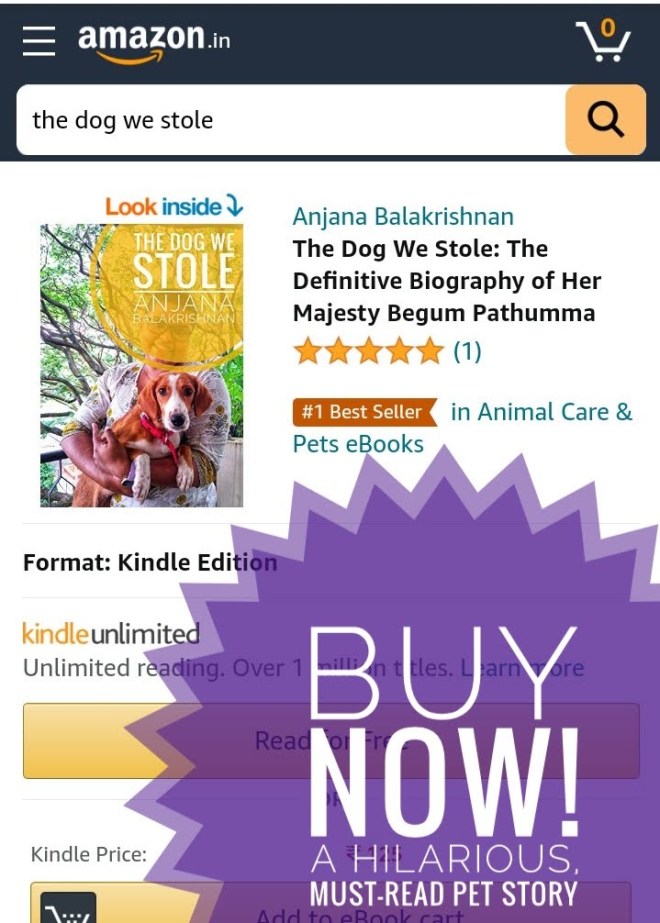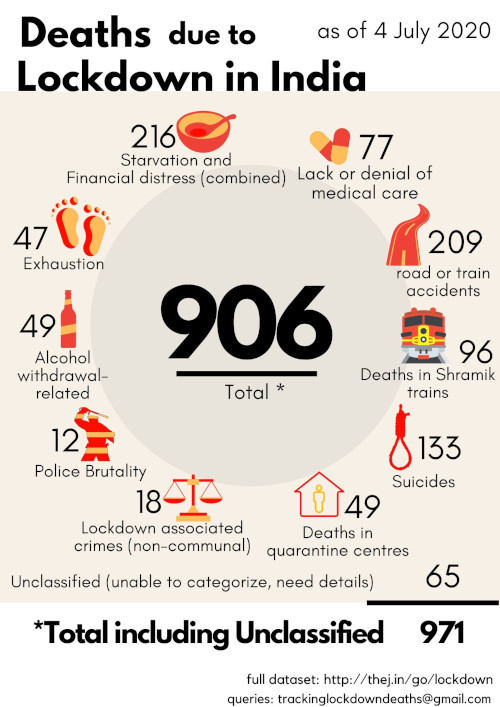Weekly Notes 19/2025
NMG/2025 results are out. It took me a while to go through the applications this time. But finally I sat down and closed. There are some emails and follow-ups left; otherwise, it’s done. I’m pleased with how this year’s grant turned out and the number of people who participated. It’s starting to feel like a community, which wasn’t the original goal, but it’s a wonderful outcome.

- Getting back to work slowly with lots of caution. This week has been very good. I got things done. I am also working on some interesting things. Hopefully, I get to write more about them.
- I have been feeling much better than last week. I plan to start physiotherapy next week as there is very little pain now.
- Took a break from the daily grind to have lunch at Dolphins Bar. It was a weekday, so it was less crowded and we could have a decent conversation.
- Bengaluru weather has been good. It’s still not as hot as I thought it would be.
- For toddlers, school and sickness often go hand in hand. Uma had a lingering cold earlier but is doing much better now that we have summer holidays. She still meets her friends at the park daily, and we walk together in the evenings.
- Is it controversial to say WAR IS BAD?
- I found a bunch of weekly-noters this week – Steve, Mike, Courtney, and Daryl. I am yet to update the blogring.
- I introduced vector-based matching to a friend working on one of my older projects, replacing the traditional keyword-based matching. This shift should significantly improve the ability to retrieve thematically similar songs. I hope they go ahead with it. It will be interesting to see how it turns out. It was one of the earliest (2012) projects to use FOSS MongoDB. I loved it. In the last few years, MongoDB has become a source-only project. Also, some features, like FTS or Vector Search, are not in the community edition. At some point, it would be ideal to move to PostgreSQL using FerretDB without code changes. FerretDB is a proxy that converts MongoDB wire protocol queries to SQL and uses PostgreSQL with the DocumentDB extension as a database engine. That way, we can go back to boring technologies. Though FerretDB’s interface currently doesn’t have vector columns, we could use Vector Index-based search or pgvector within the same PostgreSQL instance. They are presently using ChromDB as an additional vector Database. It’s the easiest VectorDB to get started with, especially when you are on a really small project.











